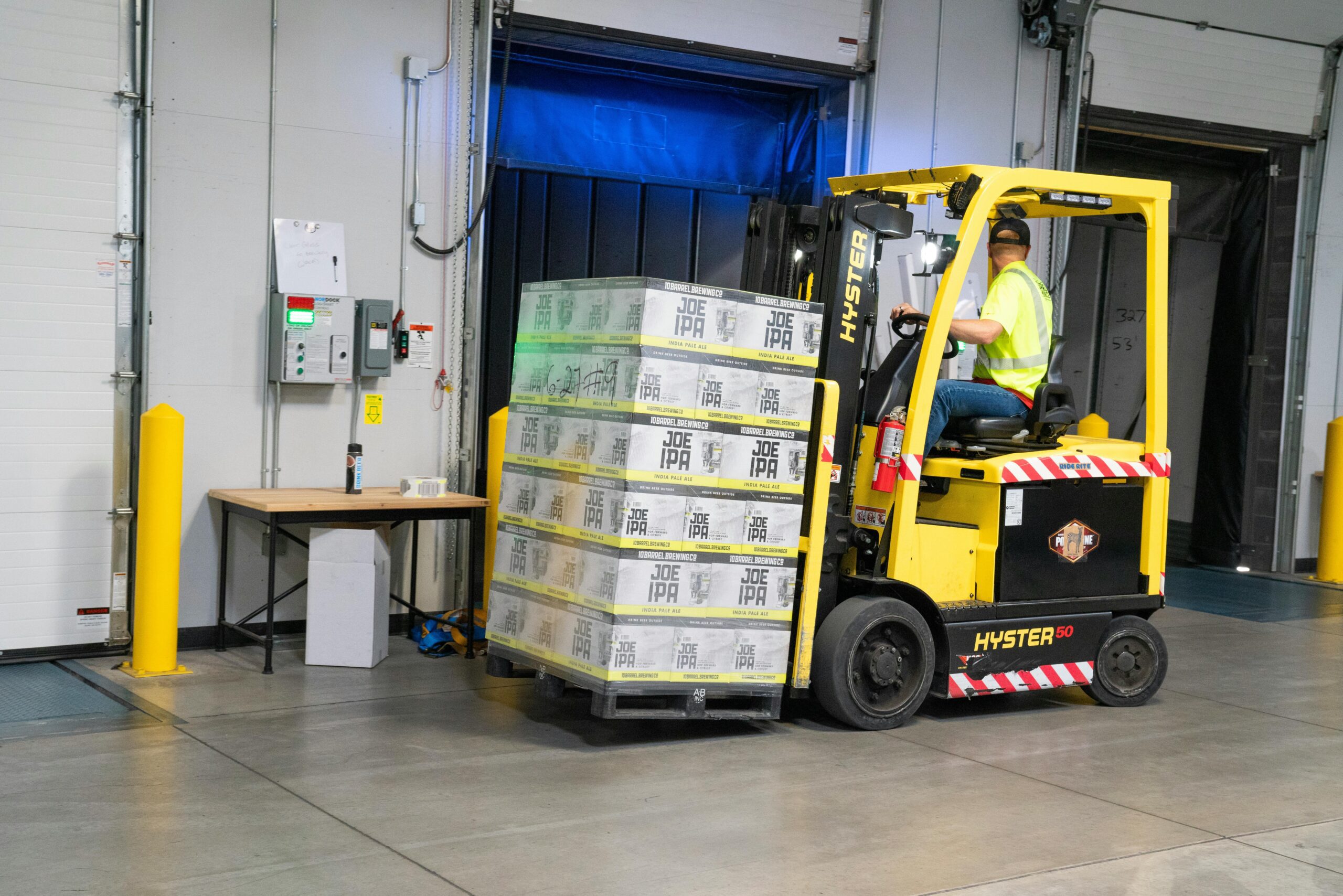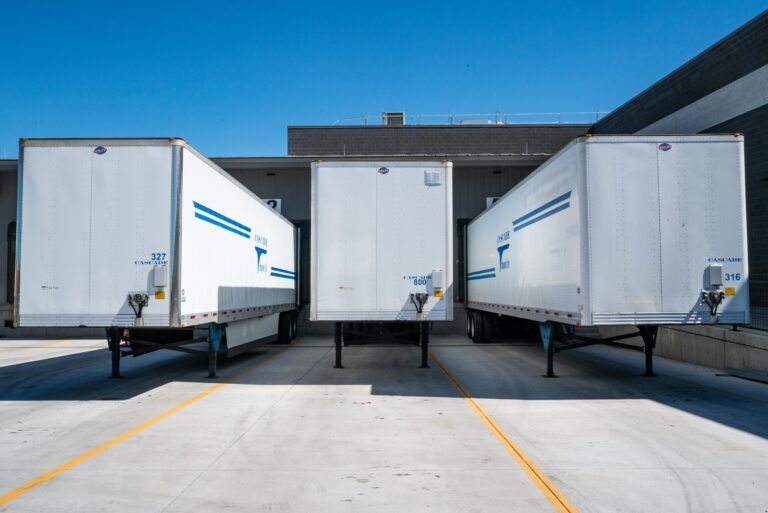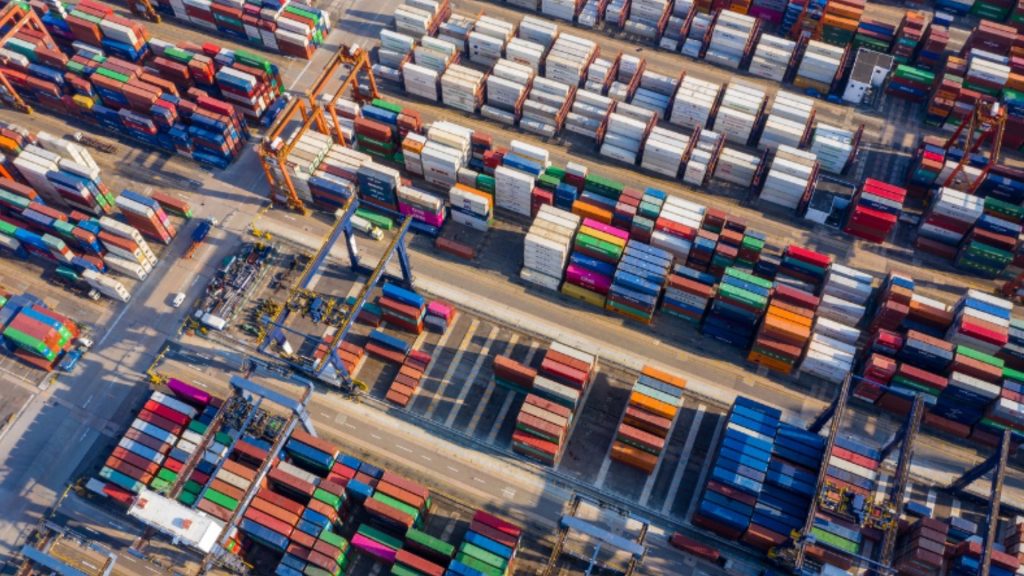How Long Can Your Goods Stay in Storage Before Shipping?

Understanding Storage Time Limits Before Shipping
Efficient storage and logistics management are essential for businesses that ship goods across local and international borders. One of the biggest concerns is determining how long goods can stay in storage before shipping. Keeping products in a warehouse for extended periods can lead to quality degradation, increased costs, and even regulatory non-compliance.
The duration for which goods can remain in storage depends on various factors, including the nature of the goods, storage conditions, legal regulations, and cost considerations. This article will explore these aspects in detail and provide best practices to maximize storage efficiency before shipping.
Factors That Determine Storage Duration
Type of Goods
Different products have varying storage requirements, impacting how long they can remain in warehouses before shipping.
Perishable Goods
Perishable items such as fresh food, dairy products, seafood, and pharmaceuticals have strict temperature and shelf-life constraints. Typically, these goods must be shipped within 24–72 hours to maintain their freshness and effectiveness.
Fragile Items
While not perishable, fragile goods like electronics, glassware, and ceramics require careful handling. Extended storage can lead to physical damage, moisture exposure, and dust accumulation, affecting the product’s usability.
Non-Perishable Goods
Products like furniture, clothing, books, and machinery can be stored for weeks or months if kept under proper conditions. However, prolonged storage may lead to wear and tear, dust accumulation, and obsolescence.
Storage Conditions and Their Impact
Effective storage ensures product integrity while preventing damage. Key factors include:
Temperature Control: Essential for perishable goods; cold storage ensures frozen and refrigerated items stay fresh.
Humidity Levels: High humidity can cause mold, rust, and product degradation in materials like paper, wood, and electronics.
Ventilation: Ensures air circulation to prevent spoilage and maintains optimal storage conditions.
Security Measures: A secure warehouse prevents theft and environmental damage, ensuring goods are safe until shipment.
Pro Tip: Implement real-time monitoring systems to track temperature, humidity, and security conditions for stored goods.
Regulations and Compliance Requirements
Industries have different regulatory requirements for how long goods can be stored before shipping.
Pharmaceuticals and Medical Supplies
- Must comply with FDA, WHO, and EU regulations for storage and transportation.
- Expiry dates and storage conditions must be strictly followed.
Customs and Trade Laws
- Some import/export regulations limit the storage period of goods in customs warehouses.
- Duty-free goods often have maximum storage durations before being subject to taxes.
Hazardous Materials
- Chemicals, flammable liquids, and radioactive materials have strict time-sensitive storage limits.
- Must comply with OSHA, EPA, and international shipping regulations.
Ignoring these regulations can result in fines, product confiscation, or legal issues.
Warehouse Capacity and Cost Considerations
Long-term storage increases warehousing costs, affecting supply chain efficiency. Storage costs depend on:
Space Utilization: Warehouses charge based on the square footage or volume occupied.
Duration of Storage: Many logistics providers charge extra for extended storage.
Special Storage Needs: Temperature-controlled storage is more expensive than general warehousing.
To reduce costs, businesses should use Just-in-Time (JIT) inventory management, which minimizes excess storage time by aligning supply with demand.

Best Practices for Optimizing Storage Before Shipping
✅ Plan Inventory Turnover
Forecast demand and optimize shipping schedules to reduce unnecessary storage time.
✅ Choose a Reliable Logistics Provider
Partner with a company offering secure, climate-controlled, and well-managed warehouses.
✅ Regular Monitoring and Quality Checks
Routine inspections ensure product integrity before shipping.
✅ Optimize Packaging for Long-Term Storage
Use protective packaging to prevent moisture damage, dust accumulation, and breakage.
✅ Stay Compliant with Industry Regulations
Ensure your storage practices align with legal requirements to avoid penalties.
How EVO Logistics Can Help
At EVO Logistics, we provide customized warehousing solutions to meet your business needs. Our facilities offer:
✅ Temperature-controlled storage for perishable goods
✅ Advanced security systems to protect high-value products
✅ Real-time inventory tracking for improved supply chain visibility
✅ Flexible short-term and long-term storage options
No matter your industry, EVO Logistics ensures your goods remain in optimal condition before shipping.
Conclusion
Determining how long goods can stay in storage before shipping is essential for maintaining quality, compliance, and cost efficiency. By considering product type, storage conditions, regulations, and warehouse costs, businesses can optimize their supply chain operations.
At EVO Logistics, we offer tailored storage solutions to ensure your goods are safe, secure, and ready for shipment whenever you need them.
Centrally Located Cold Storage Solutions
Interested in learning about how our cold storage facilities can help your business? Reach out to our team today!

Get in touch with us today to learn more about how Evo Logistics’ climate controlled storage facilities can help your business thrive in the frozen storage logistics industry.
Our team understands the importance of being committed to ensuring the quality of our customer’s product is at its best throughout the shipping process. Our dedicated staff are trained to monitor and operate around the clock 24 hours a day, 365 days a year. With a focus on fast and timely delivery along with GPS tracking, we work to provide consistent satisfaction to our customers.




